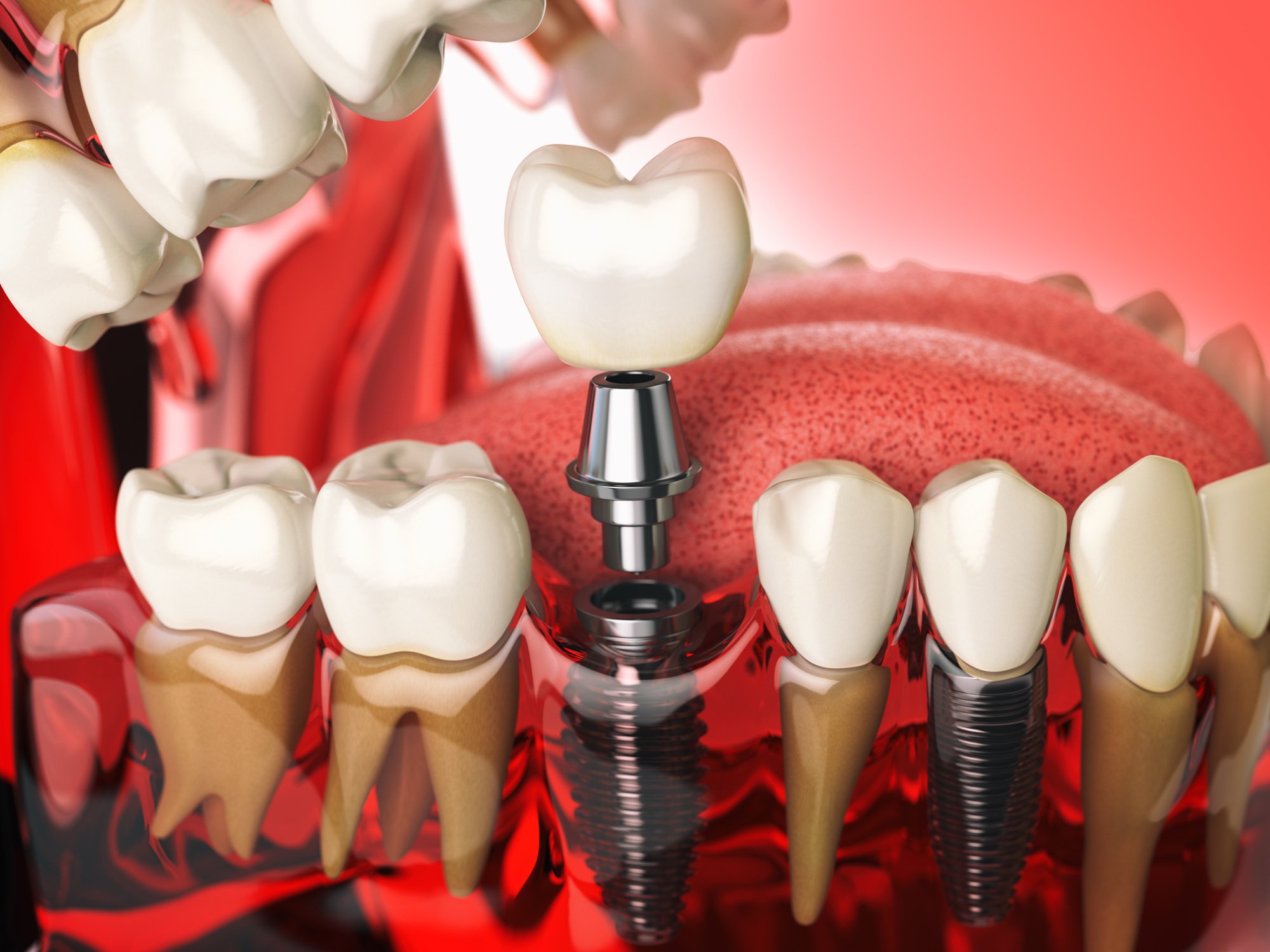How Do Dental Implants Work?

If you are considering dental implants, you may be wondering how they will work. Fortunately, dental implants do not contain living cells or genetically coded material. Implants are made of titanium alloy, which is biocompatible and rarely causes allergic reactions. However, there are still risks associated with dental implants, which may cause them to fail to integrate with your jawbone and become ineffective. This can happen due to several factors, including infections or biting forces. If you are a good candidate, you will undergo a comprehensive oral examination and undergo 3D images of your mouth.
With the help of dental implants, you can regain control over your oral health and your smile. The replacement tooth is attached to an implant called an abutment. After the implants bond with your jawbone, your dentist will make impressions of your teeth and create a model of your bite. These impressions are used to design your replacement tooth. You may not require individual crowns because the abutment is attached to your implant. You may also opt for attachments on your implants, which will be attached to your new tooth.
When choosing an implant dentist, you should look at the dentist's training, experience, and advanced technology. A high success rate of dental implants is important, and a dentist should be using the latest technology to ensure a precise placement of the implant. Check this website: edatampa.com to learn more about this dental implants.
Additionally, you should consider reading reviews and looking at before-and-after photos. This will give you an idea of what to expect during the procedure. Finally, you should try to find out as much information as you can about the dentist from his or her patients.
Once the implant is in place, the surgeon will attach a healing cap. The gum tissue surrounding the implant will grow around it, and an abutment will attach to it. This attachment will eventually hold a crown. The entire procedure can take between two to six months, and there will be temporary dentures in the meantime. However, most people do not experience any noticeable disruption while their teeth are being replaced with dental implants. This is because it takes time for the implants to integrate with the bone.
The procedure of dental implants is safe for most patients, and the success rate is very close to 98%. Nevertheless, like any surgical procedure, dental implants do come with risks and complications. A qualified surgeon will perform dental implants safely and successfully. Proper planning and post-operative instructions will help reduce the risk of implant failure and encourage healthy growth. If you have any jawbone problems, your chances of failure will be higher. However, dental implants are an excellent option for those who need to replace missing teeth. Read more now for a better understanding on this subject matter.
If you have dental issues, you should consult with a dentist as these conditions may make the process more complicated.
While the primary goal of dental implants surgery is to place healthy dental implants, doctor may recommend preliminary procedures before performing the procedure. These procedures may involve tooth extraction or dental hygiene improvement or jawbone preparation. Although some patients will require these steps, having them available will help your overall treatment. The procedure is one of the most reliable and successful dental procedures in the world. You'll be glad you had the option to learn about the procedures before choosing one for yourself.
For additional details regarding this topic, check out this link: https://en.wikipedia.org/wiki/Dentist.
